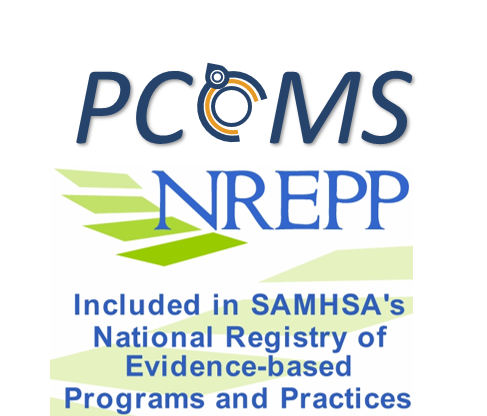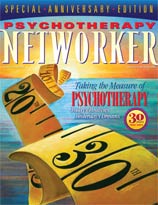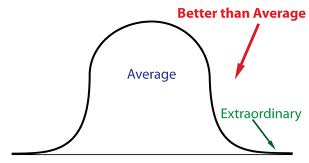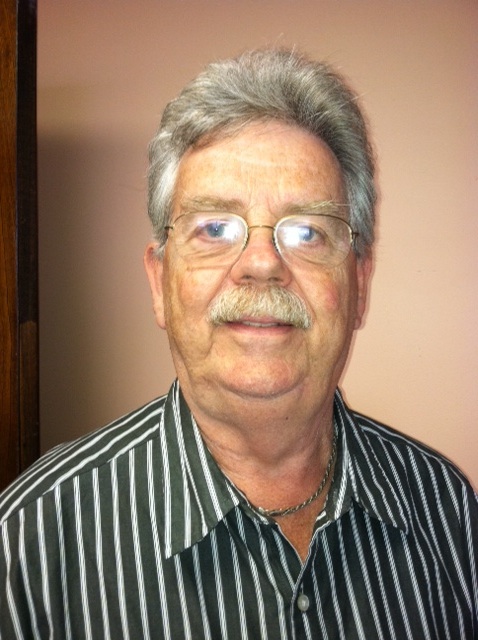Actually, it’s more accurate to say, “Everything is new!” The International Center for Clinical Excellence is coming up on its fifth birthday! Since its launch in 2010, the ICCE has become the largest, online community of behavioral health practitioners and researchers in the world. To celebrate, we are launching an entirely new web platform. All the features you’ve come to expect remain—the discussions with colleagues, the document library, the commercial free atmosphere. At the same time, everything has been streamlined, made faster, easier, and more intuitive. Log in today! Join a forum. Start a conversation. Share a presentation or paper with others. As you can see my own website has been completely redone. The “Top Performance” blog is now front and center. Plug in your email address and you’ll get regular updates regarding how to improve your effectiveness. As always, my articles, books, video and audio materials are available with the click of a button. You can also find an up-to-date schedule of workshops and intensive trainings in feedback informed treatment (FIT).
 Speaking of FIT, have you visited the www.whatispcoms.com website? It’s the official website for ICCE’s Partners for Change Outcome Management System. Here you can learn everything you need to know to get started using the feedback process documented to improve effectiveness and approved by SAMHSA as an evidence-based practice. What’s new? Thanks to ICCE members around the world, the site is available in five different languages, including: English, Dutch, Swedish, Norwegian, and Danish. Until next time!
Speaking of FIT, have you visited the www.whatispcoms.com website? It’s the official website for ICCE’s Partners for Change Outcome Management System. Here you can learn everything you need to know to get started using the feedback process documented to improve effectiveness and approved by SAMHSA as an evidence-based practice. What’s new? Thanks to ICCE members around the world, the site is available in five different languages, including: English, Dutch, Swedish, Norwegian, and Danish. Until next time!



















.png)

.jpg)
.jpg)
.jpg)
.jpg)
.jpg)

.jpg)
.png)
.jpg)








.jpg)
.jpg)

.png)










.jpg)


.jpg)


